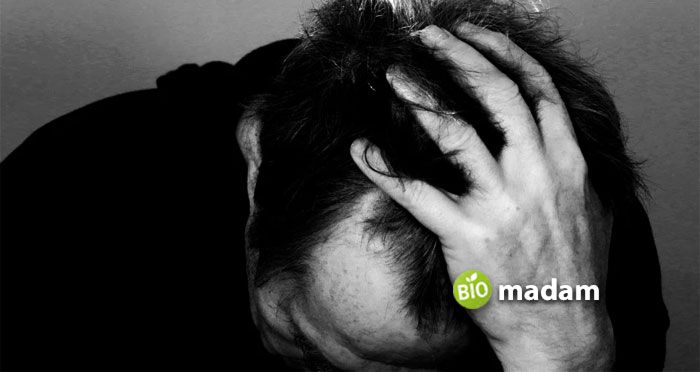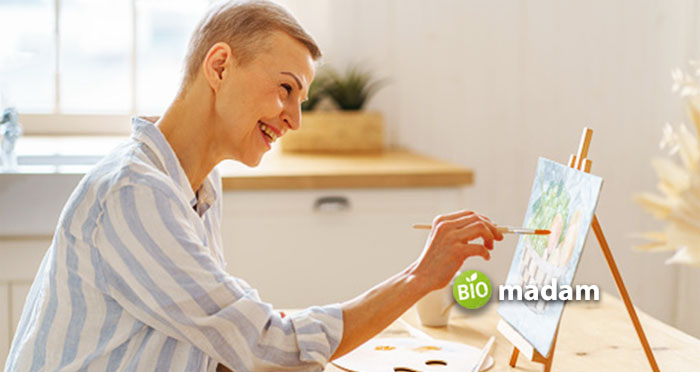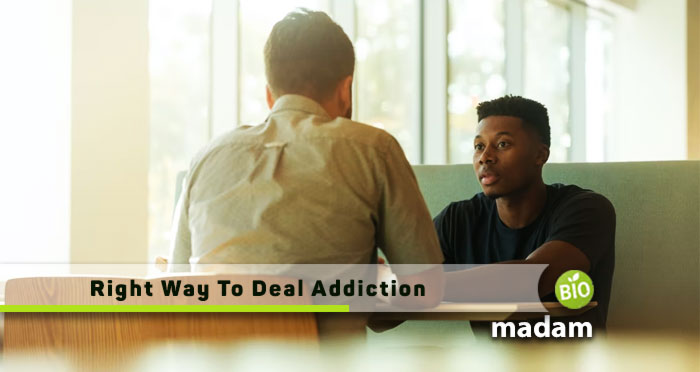Recently updated on January 31st, 2024 at 07:07 am
Struggling with addiction can feel like a very lonely and scary battle to face, but if you follow our 6 tips, listed below, you will find that you have access to a great community, lots of support, and a range of beneficial therapies. First, talk to your loved ones, as they are your main support system. Then, reach out to a residential center for treatment. These centers offer a range of therapies that we recommend for fighting addiction, including CBT and music therapy. Finally, keep up with your aftercare plan. This is the best way to ensure you do not relapse. Let’s look more closely at our 6 top tips.
Talk to your Loved Ones
If someone you love is struggling with a substance abuse disorder, gently discuss your concerns with them. This does not have to be an intense and aggressive intervention, nor does it need to put them on the spot. This approach is seen by many as a little outdated. Rather, you can kindly and gently express your concerns and explain that you love them and want what is best for them. Introduce them to the idea of treatment centers and let them come to the decision that this might be the best route forward.
If you, personally, are dealing with addiction, it is also a great idea to keep lines of communication open with those you love. Remember, any sadness or frustration they exhibit comes from a place of loving you, not being hurt, angry or disappointed in you. They just want you to be happy and healthy. They are your support system, work with them.
Reach Out to a Residential Care Center
Once you or your loved one has come to the decision that helps from a private residential care center could be beneficial, you can reach out to a center to get more information. There are several ways these residential centers aid in addiction treatment, including various therapies, a structured daily routine, healthy eating, education about addiction and relapse, and personalized detox and rehabilitation plans. Private detox centers have fewer inpatients than community centers and therefore can offer closer and more personal care and treatment.

Take Group and One-On-One Therapy
Group therapy is a great tool for people suffering from addiction as it puts them in touch with other people facing similar battles. We are, by nature, social beings, and having the opportunity to share stories and feelings can be very healing. Moreover, it is important that you know you are not alone in your struggles and that there are people who understand you.
Individual therapy is also highly beneficial as it provides the patient an opportunity to speak about their biggest struggles or fears in a safe and private space. Talk therapy is one of the most common therapies at addiction clinics, but it should not be used in isolation. There are many types of individual therapy, including motivational interviewing (MI), motivational incentives, behavioral counseling, multidimensional therapy, and cognitive behavioral therapy (CBT).
CBT
The idea behind cognitive behavioral therapy is that our thoughts, feelings, and actions are interconnected and directly influence both our mental and physical health. It combines aspects of cognitive and behavioral therapy to accommodate each patient’s specific needs. CBT is a very adaptable therapy. It involves taking a closer look at your thoughts and behaviors to identify problematic trends and reframe negative or dangerous beliefs you might hold about yourself.
Music and Art Therapies
Music therapy is an evidence-based method for dealing with stress, anxiety, depression, and other psychological issues that often go hand-in-hand with addiction recovery. Through composing, playing, and producing music, patients can build their communication skills, explore their creativity and feel the satisfaction of having created something.
Art therapy is a holistic therapy that helps many people express their feelings visually, calms the mind, gives patients a focus and goal, and provides comfort through various textiles. The great thing about art therapy is that you do not need to be an artist; it isn’t about creating a perfect sculpture or painting. It is about expression. It is also different from an art class as there is more freedom to express whatever you need to let out.
Aftercare

One of the essential aspects of engaging in therapies and agreeing to stay in a residential center for addiction treatment is that you keep up with your aftercare plan. You will be given resources and aftercare counseling before the end of your stay and it is then down to you to keep up good practices and behaviors. Aftercare is about allowing you to move into a safe and comfortable environment after treatment and this will prevent a relapse.
There are many ways you can fight addiction and work toward recovery. These include talking to your loved ones and gently introducing the idea of a private residential detox and rehabilitation center. In this center, you can undergo group and individual therapy, including CBT, music, and art therapy, and receive a personalized and detailed aftercare plan to keep you on track. Moreover, you will have access to nutritious meals, a healthy routine and lots of support, and a great community.

Hi, they call me Jenna, and I am also known for achieving a gold medal during my Ph.D. in science life. I always had a dream to educate people through my utmost writing hobby. So, I chose this blogging path, and Biomadam gave me this opportunity to present for them. I now stand to entertain you. Continue reading my articles & discuss if you’ve any confusion through the comment section below.

